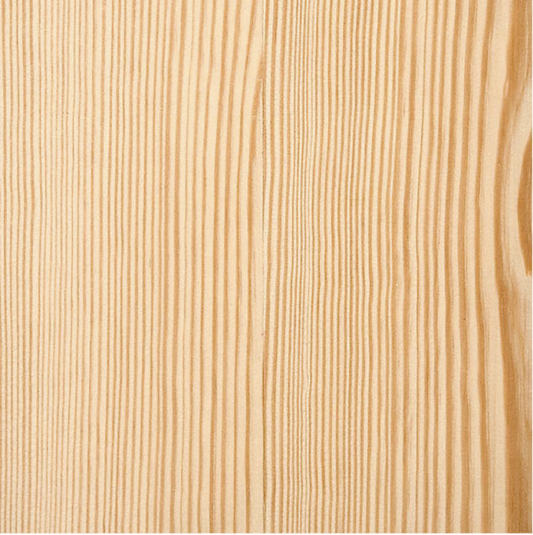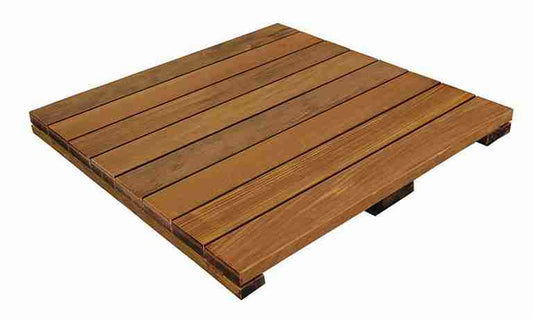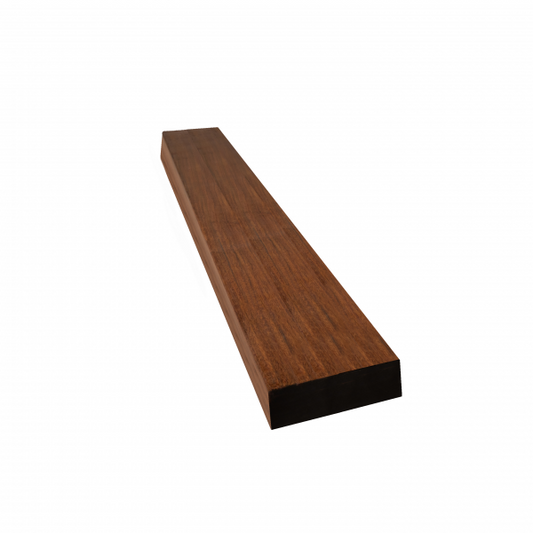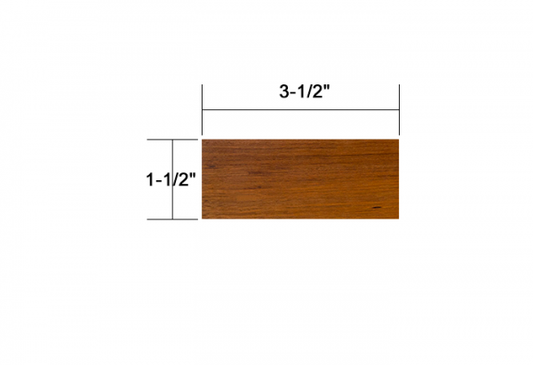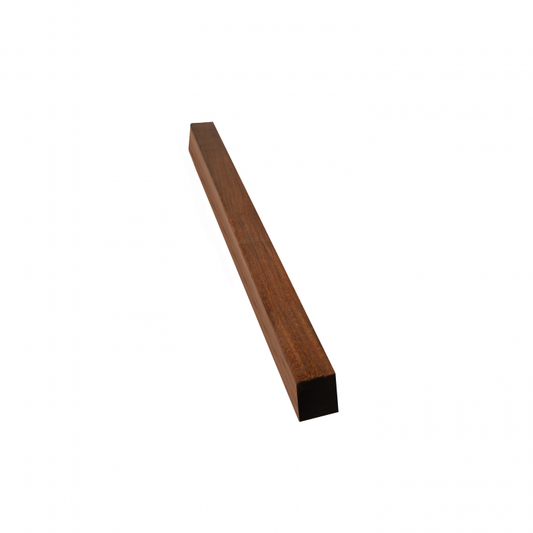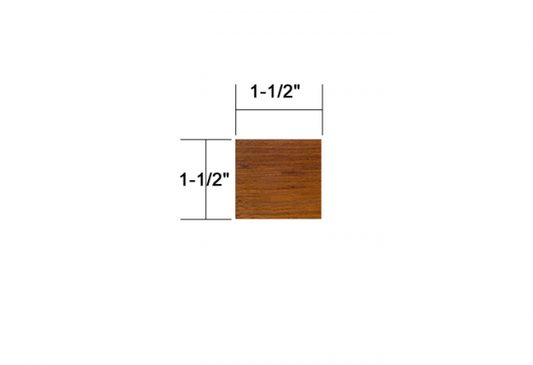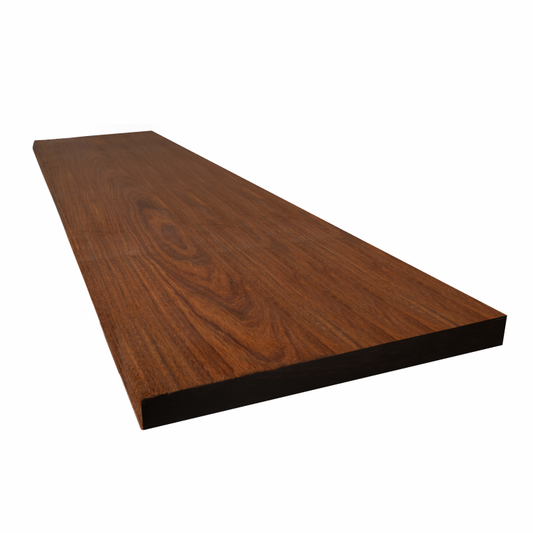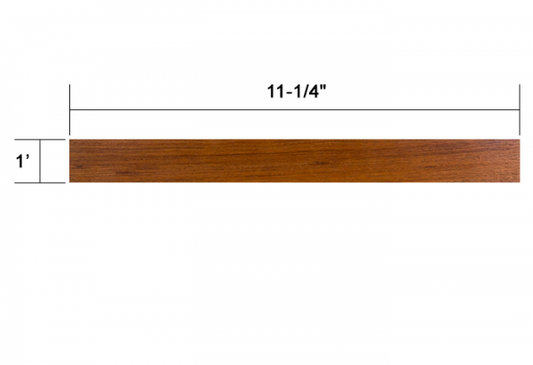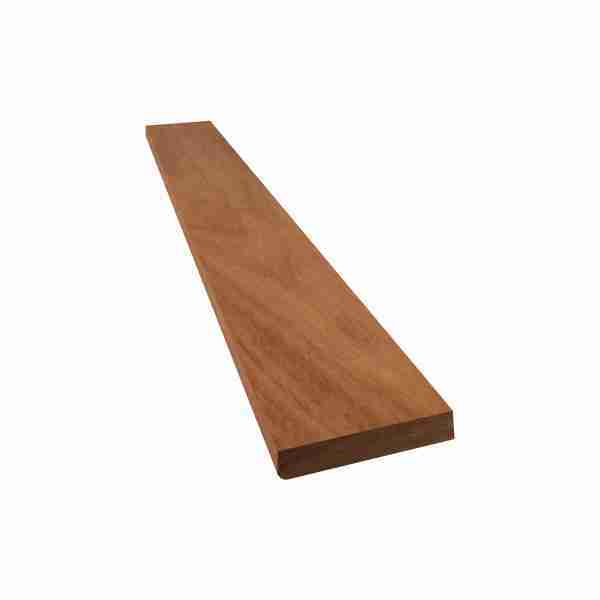
CUMARU TROPICAL 1x3
CUMARU TROPICAL HARDWOOD SPECIFICATIONS
Cumaru (pronounced Ku-mah-rue), also known as Brazilian Teak, is one of the densest hardwoods available for outdoor construction, second only to ipe. It is very dense, which is why it is ideal for exterior use, as it is mildew and decay-resistant. It is often used for decking, flooring, railroad ties, and other purposes. Just like Ipe, Cumaru Tropical Hardwood has an A1 fire rating, does not scratch or splinter easily, does not become hot in the sun, and has a high friction coefficient. All these characteristics make it perfect for outdoor and seaside construction.
Species: Dipteryx odorata
Other Names: Almendrillo, Amburana, Brazilian Teak, Cumaru Rosa, Imburana de Cheiro, Tonka, Tonka Bean, Tonquin Bean cumaru decking for building, kumaru, Gaiac de Cayenne, Amendrillo, ebo, Shihuahuaco Amarillo, Charapilla, Sarrapia.
Cumaru Origin: Central and South America (Brazil, Colombia, Peru, Bolivia, Costa Rica, Guyana, Honduras, Jamaica, Mexico, Panama, Venezuela).
Appearance: Cumaru hardwood is a deep reddish brown with a tight, even grain. Over time the red Cumaru color will slightly fade to a light brown. The species has an irregular, slightly interlocked grain and is coarse and wavy in texture.
Tree Size: 130-160 ft (40-50 m) tall, 3-5 ft (1-1.5 m) trunk diameter.
Average Dried Weight: 68 lbs/ft3 (1,085 kg/m3)
Specific Gravity (Basic, 12% MC): .86, 1.09
Janka Hardness: 3,330 lbf (14,800 N).
Modulus of Rupture: 25,390 lbf/in2 (175.1 MPa).
Elastic Modulus: 3,237,000 lbf/in2 (22.33 GPa).
Crushing Strength: 13,850 lbf/in2 (95.5 MPa).
Shrinkage: Radial: 5.3%, Tangential: 7.7%, Volumetric: 12.6%, T/R Ratio: 1.5.
Drying: Cumaru hardwood is very unstable when used in dry climates and is prone to shrinkage. It is naturally seasoned and kiln-dried to prevent shrinkage.
Workability: Cumaru decking is difficult to saw and bore and has a high blunting effect on tools. Cumaru cannot be glued because of its high density and oily nature. Instead, nails and screws should be used well after pre-boring the boards. The dust from working Cumaru wood flooring has been known to cause a slight allergic reaction in contact with some people’s skin. As such, some care should be taken in installing and preparing this product.
Preservation: Cumaru hardwood naturally weathers to a beautiful silver-gray patina. A deck oil with UV inhibitors or sealers is an excellent option to maintain this rich tone.
Sustainable: The Convention on International Trade in Endangered Species of Wild Fauna and Flora (CITES) does not list Cumaru in its appendices. The Forest Legality Initiative also states that Cumaru can be exported traded internationally. International Union for Conservation of Nature’s Red List of Threatened Species (IUCN) does not list Cumaru as an endangered species.
Penny Timber Products meets high standards for social, economic, and environmental responsibility. We monitor and document the chain of custody of all our hardwood. We are Lacey Act compliant and IBAMA compliant and provide -certified options. This means that purchasing from us fuels the hardwood lumber economy in South American forests and provides well-paying jobs for many people. This means the industry values its conservation and preservation.
ADVANTAGES OF USING CUMARU TROPICAL HARDWOOD
- Strong and Durable
- Low Maintenance
- Natural Look
- Long Life Span
- Sustainably Sourced
- Boosts your Property Value
- Lower price-point than ipe


